The comprehensive cooperation offered by China to the Pacific island countries within the framework of the " Common Development Vision " did not find the expected response in the field of security.
Foreign Minister Vang Yi attended the 2nd China-Pacific Island Countries Foreign Ministers Meeting in Fiji, where he visited 8 countries on a tour of the Pacific island countries.
In the statement made after the meeting, which was attended by the foreign ministers of 9 countries, including Fiji, Solomon Islands, Kiribati, Samoa, Niue, Papua New Guinea, Vanuatu, Micronesia and Tonga, and the Secretary General of the Pacific Islands Forum, the parties cooperated in 5 fields. reported to be in agreement.
In the statement, it was noted that while the cooperation in the fields of "fighting against poverty, disaster prevention, climate change and agriculture" was mentioned, cooperation in "security" was not mentioned.
Before the meeting, it was claimed that China wanted to extend a cooperation framework similar to the security agreement signed with the Solomon Islands to other Pacific island countries multilaterally.
At the joint press conference, Vang said, "China will release a document containing proposals for cooperation to Pacific island countries. In-depth discussions and consultation are needed for the progress of the process and further agreement on cooperation." said.
Emphasizing that China always supports developing countries not only in the Pacific, but also in Asia, Africa and the Caribbean, Vang said, "There is no need for worry or worry, because the common development and prosperity of China and other developing countries, more harmony and justice for the world. and it will mean progress." used the phrase.
China's Ambassador to Suva, Chien Bo, stated that the participants agreed to "negotiate until an agreement is reached" on the draft declaration and the five-year plan, adding, " The 10 countries with which we have diplomatic relations support the plan, of course there are concerns on certain issues." he said.
Chien stated that China's proposal document will be announced on June 4, after Wang's bilateral visits end.
Pacific countries are worried about being a party to a regional confrontation
Comprehensive cooperation and five-year action plan with Pacific island countries called "Joint Development Vision" , alliance initiatives such as the USA 's UK and Australia with AUKUS and Japan, India and Australia's Quadruple Security Dialogue ( QUAD ) and China's Against the proposal of the Indo-Pacific Economic Framework (IPEF), which it put forward to balance its economic influence in the country, comments are made that the Beijing administration is part of its quest to gain ground in the region.
Micronesia President David Panuelo has expressed concerns that China's plan would put the sovereignty of Pacific island nations at risk, leading to a new Cold War and even world war.
On the other hand, in the news that included the views of analysts in the nationalist Global Times newspaper, the media organ of the Chinese Communist Party, "A few people in these countries, under the influence of the pressure and indoctrination of the USA and the former colonial country (England), instead of serving the interests of their own countries and peoples, American He may choose to serve his own interests.” assessment was included.
Security agreement between China and the Solomon Islands
It was announced that the "intergovernmental framework agreement for cooperation in the field of security" was signed between China and the Solomon Islands on April 20.
A document purporting to be a draft of the agreement was posted online by the opposition in the Solomon Islands. In the document, it was claimed that the agreement stipulated that Chinese warships could anchor at the ports of Solomon Islands, wait for a short time, make logistics supply and transit.
The document also stated that the Solomon Islands may request police, armored police, military personnel and other protective and military force from China to protect social order, human life and property.
Analysts evaluated the agreement as a "security pact", arguing that the agreement would pave the way for the Beijing administration to use its military to protect Chinese citizens and Chinese projects, and would provide it with a critical military base in the south of the Pacific Ocean.
The governments of Australia and New Zealand, as well as the United States, have previously expressed their concerns about the agreement, which they argued was not shared transparently.


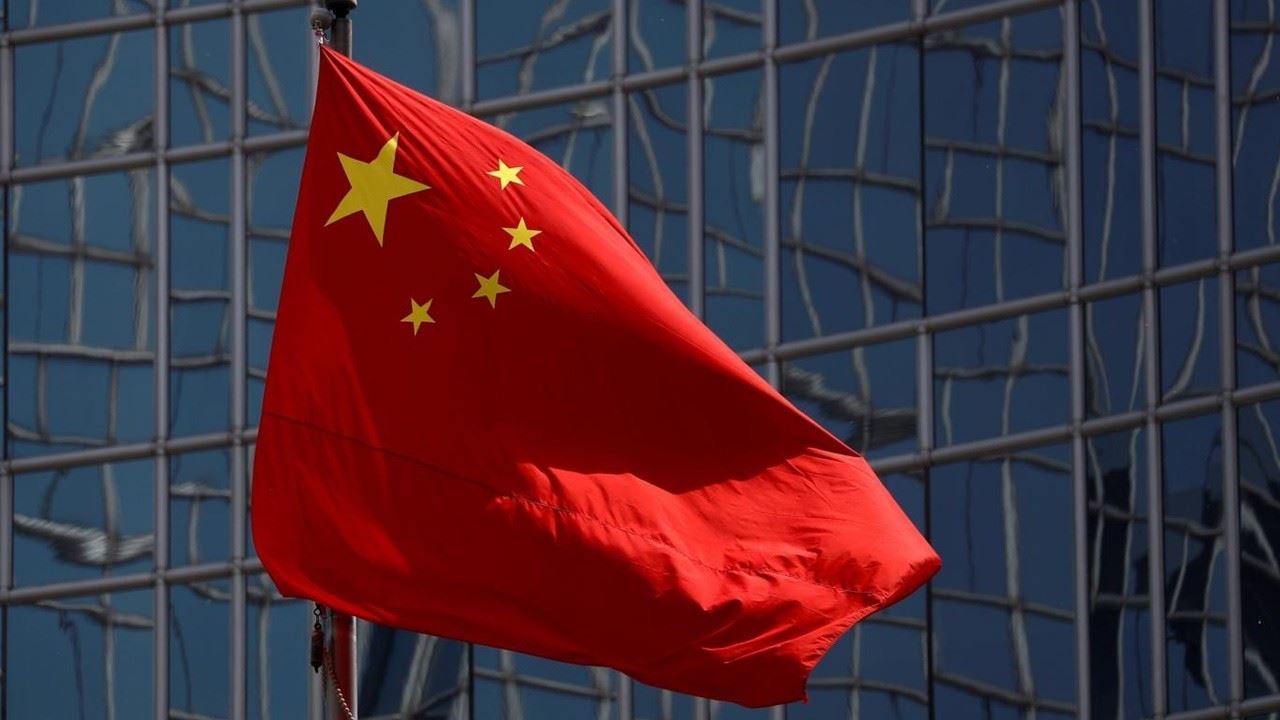

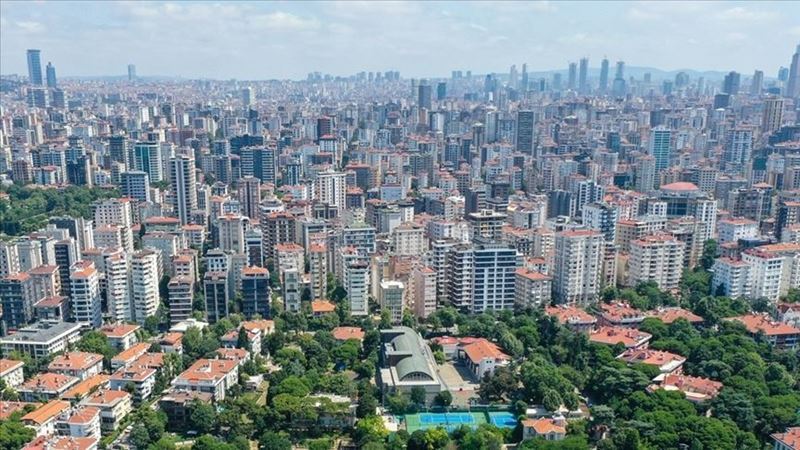
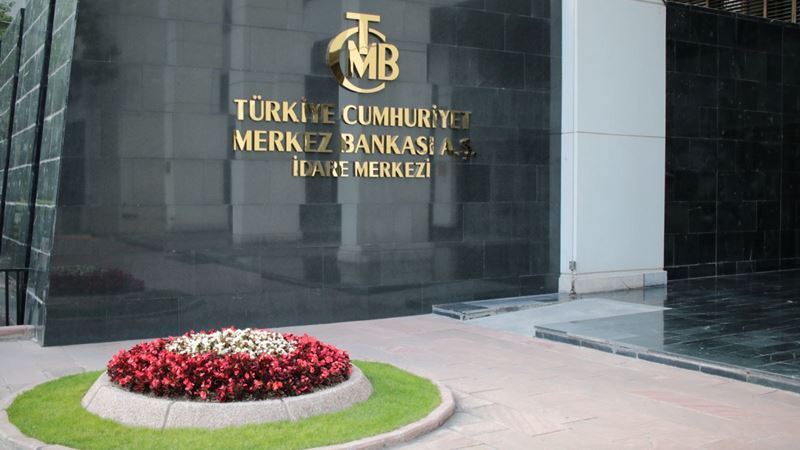
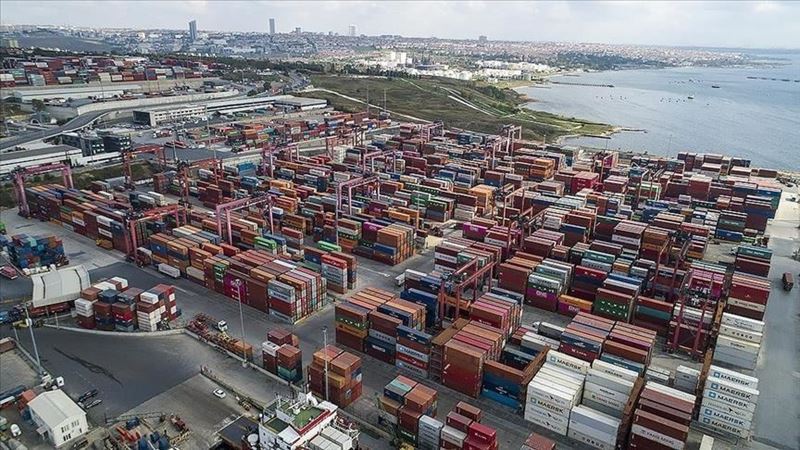
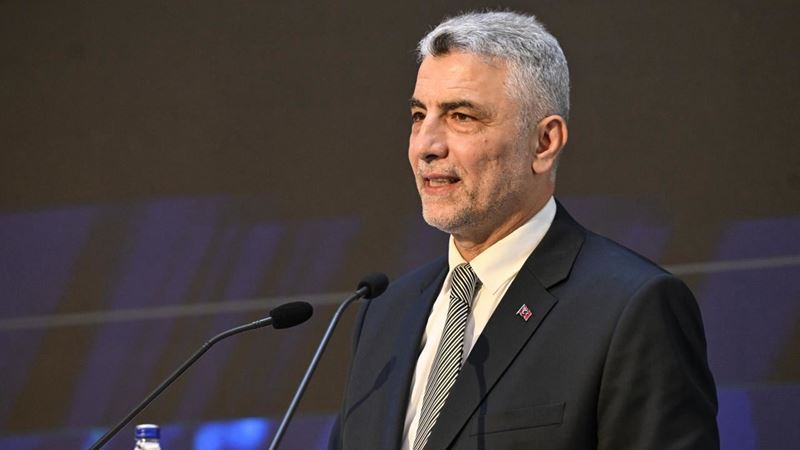
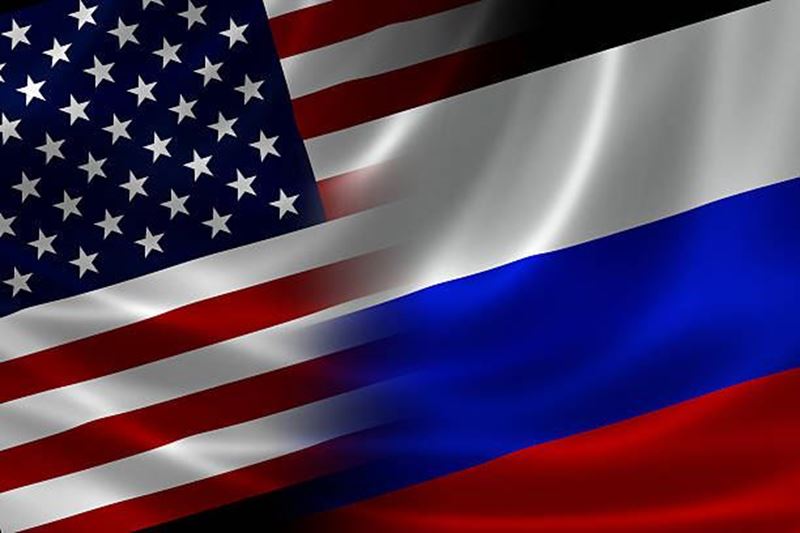


Comments
No comment yet.